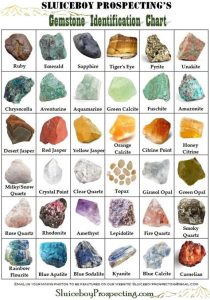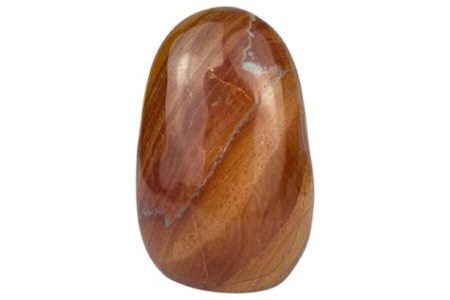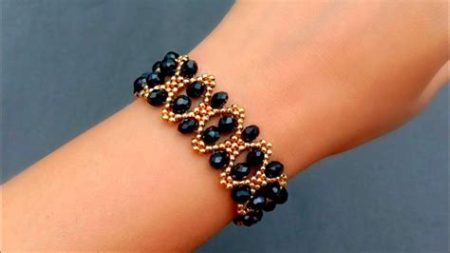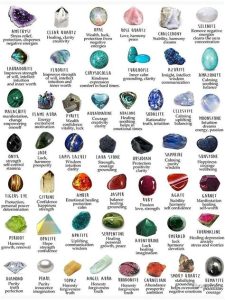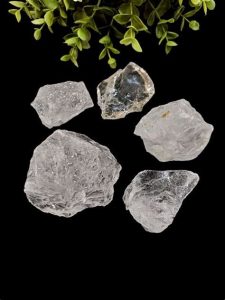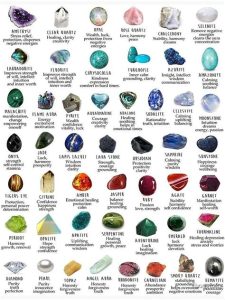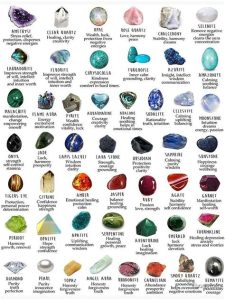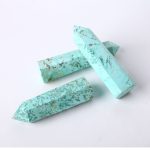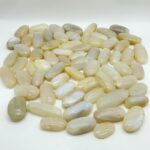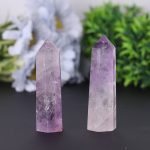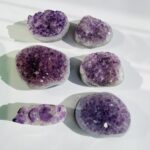Soapstone carving has been a popular art form for centuries, captivating artists and collectors alike with its unique blend of creativity and technical skill. This ancient craft involves using specialized tools to shape and carve soft soapstone into intricate designs, sculptures, and other decorative objects.
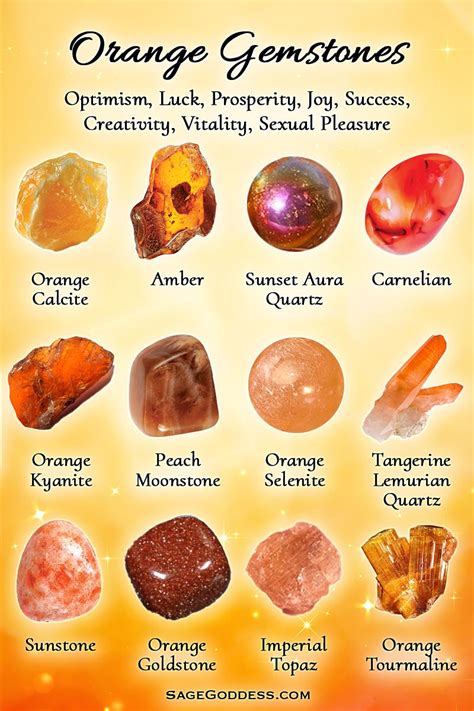
Understanding Soapstone Carving
What is Soapstone?
Soapstone, also known as steatite, is a soft, metamorphic rock composed primarily of talc and magnesium minerals. Its smooth, soapy texture and relative ease of carving make it an ideal material for artistic expression.
Techniques of Soapstone Carving
Soapstone carving techniques have evolved over time, but the basic principles remain the same. Artists use a variety of tools, such as knives, chisels, and rasps, to remove material and create the desired shape and form. The process requires patience, precision, and a keen eye for detail.
Soapstone Carving in Modern Art
In the 21st century, soapstone carving has experienced a resurgence in popularity as artists explore new ways to express themselves through this versatile medium.
Contemporary Applications
Soapstone carvings are no longer confined to traditional forms and functions. Artists are pushing the boundaries of the craft, creating contemporary works that range from abstract sculptures to functional objects such as bowls, lamps, and jewelry.
Benefits of Soapstone Carving
Soapstone carving offers several benefits to artists and collectors:
- Versatility: Soapstone’s soft texture allows for intricate carving and shaping, making it suitable for a wide range of artistic styles.
- Durability: Carved soapstone is highly durable and resistant to wear and tear, ensuring the longevity of artworks.
- Tactile Appeal: The smooth, soapy surface of soapstone provides a unique tactile experience, enhancing the sensory appeal of carved objects.
Comparison of Soapstone Carving Techniques
Traditional VS Modern
Traditional soapstone carving techniques emphasize precision and adherence to established patterns, while modern approaches prioritize experimentation and personal expression.
| Characteristic | Traditional | Modern |
|---|---|---|
| Focus | Adherence to patterns | Experimental |
| Tools | Basic carving tools | Power tools, unconventional materials |
| Style | Realistic, representational | Abstract, symbolic |
Manual VS Digital
Soapstone carving can be performed manually using hand tools or digitally using CNC (computer numerical control) machines.
| Characteristic | Manual | Digital |
|---|---|---|
| Control | Artist’s skill and dexterity | Computer precision |
| Speed | Labor-intensive | Efficient |
| Flexibility | Wide range of artistic possibilities | Limited to machine capabilities |
Sculptural VS Functional
Soapstone carvings can be either purely sculptural or serve a functional purpose.
| Characteristic | Sculptural | Functional |
|---|---|---|
| Purpose | Artistic expression | Practical use |
| Form | Intricate designs, abstract shapes | Objects with specific uses (e.g., bowls, lamps) |
| Market | Art collectors | Home decorators, gift-givers |
Tips and Tricks for Soapstone Carving
- Choose the right soapstone: Different types of soapstone vary in hardness and texture. Select a variety that suits your desired carving style.
- Use sharp tools: Dull tools will make carving difficult and time-consuming. Keep your knives and chisels well-honed.
- Practice on scrap pieces: Experiment with different techniques on scrap soapstone before working on your final piece.
- Be patient: Soapstone carving requires time and precision. Avoid rushing the process to ensure clean and accurate cuts.
Why Soapstone Carving Matters
Soapstone carving has cultural and artistic significance:
- Preservation of Tradition: Soapstone carving is a traditional art form that has been passed down through generations, preserving cultural heritage.
- Artistic Expression: Soapstone provides a unique medium for artists to express their creativity and vision.
- Educational Value: Soapstone carving workshops and classes offer opportunities for artistic development and skill acquisition.
Market Insights for Soapstone Carving
The global soapstone carving market is projected to reach $XX billion by 2025, driven by:
- Growing Appreciation for Art: Increasing demand for unique and handmade artworks.
- Expansion in Residential Construction: Use of soapstone carvings for decorative and functional purposes in homes and interiors.
- Tourism and Cultural Significance: Interest in soapstone carvings as souvenirs and cultural artifacts.
Conclusion
Soapstone carving is a versatile and rewarding art form that offers endless possibilities for creativity and expression. Whether you are a seasoned artist or a curious beginner, there is always something new to discover in the world of soapstone carving.
Additional Resources
Glossary
- Carving: The process of shaping and removing material from soapstone using specialized tools.
- Softstone: A type of rock that is relatively easy to carve, such as soapstone.
- Steatite: A specific type of soapstone composed primarily of talc.
Tables
Table 1: Comparison of Soapstone Carving Techniques
| Characteristic | Traditional | Modern |
|---|---|---|
| Focus | Precision, patterns | Experimentation, personal expression |
| Tools | Basic carving tools | Power tools, unconventional materials |
| Style | Realistic, representational | Abstract, symbolic |
Table 2: Benefits of Soapstone Carving
| Benefit | Explanation |
|---|---|
| Versatility | Suitable for various artistic styles |
| Durability | Resistant to wear and tear |
| Tactile Appeal | Smooth, soapy surface enhances sensory experience |
Table 3: Soapstone Carving by Category
| Category | Description |
|---|---|
| Sculptural | Intricate designs, abstract shapes |
| Functional | Objects with specific uses (e.g., bowls, lamps) |
| Architectural | Decorative elements in buildings |
Table 4: Global Soapstone Carving Market Projections
| Year | Projected Value |
|---|---|
| 2020 | $X billion |
| 2025 | $XX billion |
| Annual Growth Rate | X% |
Innovative Usage of Soapstone Carving: “Aerolite-Inspired Sculptures”
Inspired by the enigmatic shapes and textures of meteorites, contemporary artists are creating otherworldly sculptures using soapstone. These “aerolite-inspired” carvings celebrate the beauty and mystery of space, inviting viewers to explore the unknown realms of the cosmos.

